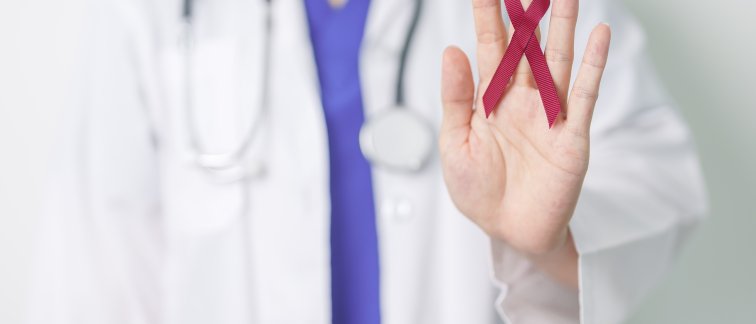In patients with multiple myeloma, often called Kahler's disease, uncontrolled cell division of malignant plasma cells takes place in the bone marrow. In the Netherlands, about 1,300 patients are diagnosed with this disease each year. Great strides have been made in treatment in recent years that have led to improvements in prognosis. But unfortunately, over time the disease returns.
Ttreatment with CAR T cells
The aim of this study by UMCG and Amsterdam UMC - Cancer Center Amsterdam is to determine whether treatment with CAR T-cells leads to a longer disease-free period while maintaining quality of life. UMCG hematologist Tom van Meerten: 'We will compare treatment with CAR T cells with the current standard treatment in patients in whom multiple myeloma has recurred after 1 to 3 previous treatments.' Amsterdam UMC hematologists Sonja Zweegman and Niels van de Donk: 'We have a number of standard treatments in that situation, of which we know that the disease can be suppressed for an average of 9 months. We want to improve that, of course, and we hope to succeed with these CAR-T cells. To demonstrate that, we are conducting a study over the next 6 years in which 126 patients are participating. Half will be treated with the current standard therapy, the other half with CAR-T cells.'
CAR T cells attack cancer cells
CAR T-immunotherapy is a relatively new treatment with which good experience has been gained for several years in various stages of different cancers. T cells (a certain type of white blood cells) are taken from the patient's blood. These cells, which play an important role in the body's defense against cancer cells, are genetically modified in a laboratory: a so-called CAR (Chimeric Antigen Receptor) is made from them. This eventually leads to the T cell (which has become a CAR T cell after treatment) recognizing and attacking the cancer cells. The patient's own immune system is thus trained to eliminate the cancer cells.
Production of CAR T cells in the UMCG
CAR T cells have been successfully produced in the UMCG before. Van Meerten: 'We have already succeeded in producing CAR T cells against lymphoma and acute B-cell leukemia in the UMCG. Thanks to this grant, we can now also start producing specific CAR T cells against multiple myeloma.'
Time savings in treatment for patient
Production of these CAR T cells is expected to take about 8 days from the time the T cells are extracted from a patient's blood. 'This allows us to administer them to the patient relatively quickly. Previously, we would send blood cells from a patient to the United States that we could then genetically engineer back to the patient weeks later. We can now perform this entirely at the UMCG. This saves valuable time: the entire procedure including transport to and from America took an average of 4 to 6 weeks.'
Quality gains also expected
In addition to valuable time savings, this is also expected to yield quality gains. Because the modification of the white blood cells takes place in one place, the fresh cells can be used immediately.

